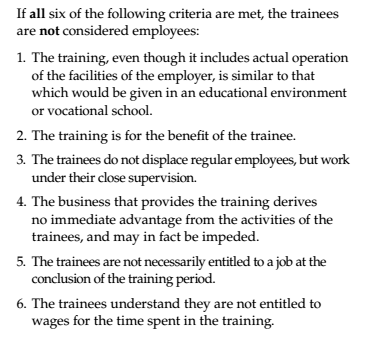Why won't The Stranger pay a young writer for their work?
Yesterday, I reported that The Stranger is running a "contest" to choose a writer to serve as the Bumbershoot Correspondent for their Bumbershoot guide and website. Though the writer will win a collection of branded merchandise from contest partners, including a camera, film, and records, the position is unpaid. Just last week, Stranger publisher Tim Keck posted that the publication is "profitable" and has "been growing financially for years." If that's true, why isn't The Stranger paying a writer for their work?
The Vera Project, an all-ages nonprofit that champions youth engagement in the arts, responded to writer Lindsay Hood's questions about the lack of payment:
2/2have to acknowledge the industry is hard to break into & many of our ppl are looking for opportunities like this 2 get a foot in the door
— The Vera Project (@veraproject) July 19, 2017
I want to be perfectly clear before I go any further: The Vera Project is a fantastic organization. I always donate to them for Give Big, and I have friends who work for and volunteer for the organization. They are an unalloyed good for Seattle, and they deserve your time and money. If we were talking about an unpaid volunteer position for the Vera Project, that would be a different discussion altogether. But we're not talking about that: we're talking about an unpaid position for The Stranger, which is a for-profit business.
This argument doesn't make sense. Okay, so the position is "meant for new writers w/o enough experience to get a paid gig," and "many of our ppl are looking for opportunities like this 2 get a foot in the door." You know what's really incentivizing for young workers? A paycheck in exchange for work.
Look: I get that young writers take more time than seasoned professionals to guide and edit. There's an investment there on behalf of The Stranger. But that's a standard business cost; most businesses have to train and recruit new workers. If there's a good reason why a profitable alternative weekly should be an exception to this standard, I have yet to hear it.
And the fact is that the Bumbershoot Correspondent's writing, once it's published on the site, will still make money for The Stranger. Ads will still appear next to the Correspondent's writing and photographs, and those advertisers will likely not pay lower rates because the writer has less experience than other writers on the site. The Stranger will collect the same payment.
Since we first posted on the issue yesterday, people have made the argument that since The Stranger will be choosing a young writer for the Bumbershoot Correspondent, that writer will likely not expect to be paid. This argument, likewise, is nonsense. The contest is not open to writers under the age of 18. I don't know about you, but when I was 18, I needed money. You can't eat a swag bag. Landlords won't take refurbished Polaroid cameras in lieu of rent checks. In America, we tend to agree that labor should be compensated.
Does this position amount to an unpaid internship? (The Stranger eliminated its unpaid internship program several years ago.) It's unclear whether the contest winner will be an employee of The Stranger or not. In her email to me yesterday, Stranger account executive Diana Katz said the contest winner would be "working" and doing "work" for The Stranger. The Washington State Department of Labor & Industries Unpaid Internship Cheat Sheet (PDF) has this to say about the difference between unpaid internships and employees:

It seems likely to me that the Correspondent would "displace regular employees" — The Stranger typically requires multiple staffers and freelancers to cover Bumbershoot. And it also seems likely that The Stranger would gain "immediate advantage from the activities of the [Correspondent]," in the form of pageviews. At the very least, it seems as though the relationship between the contest winner and The Stranger is a nebulous one.
Look. We can spin wheels on this forever. But in the end, this just comes down to decency. Thanks to Keck's post last week, we understand that The Stranger is making money. This means that management has simply made the decision not to compensate a young worker for their time and effort. And that's wrong.